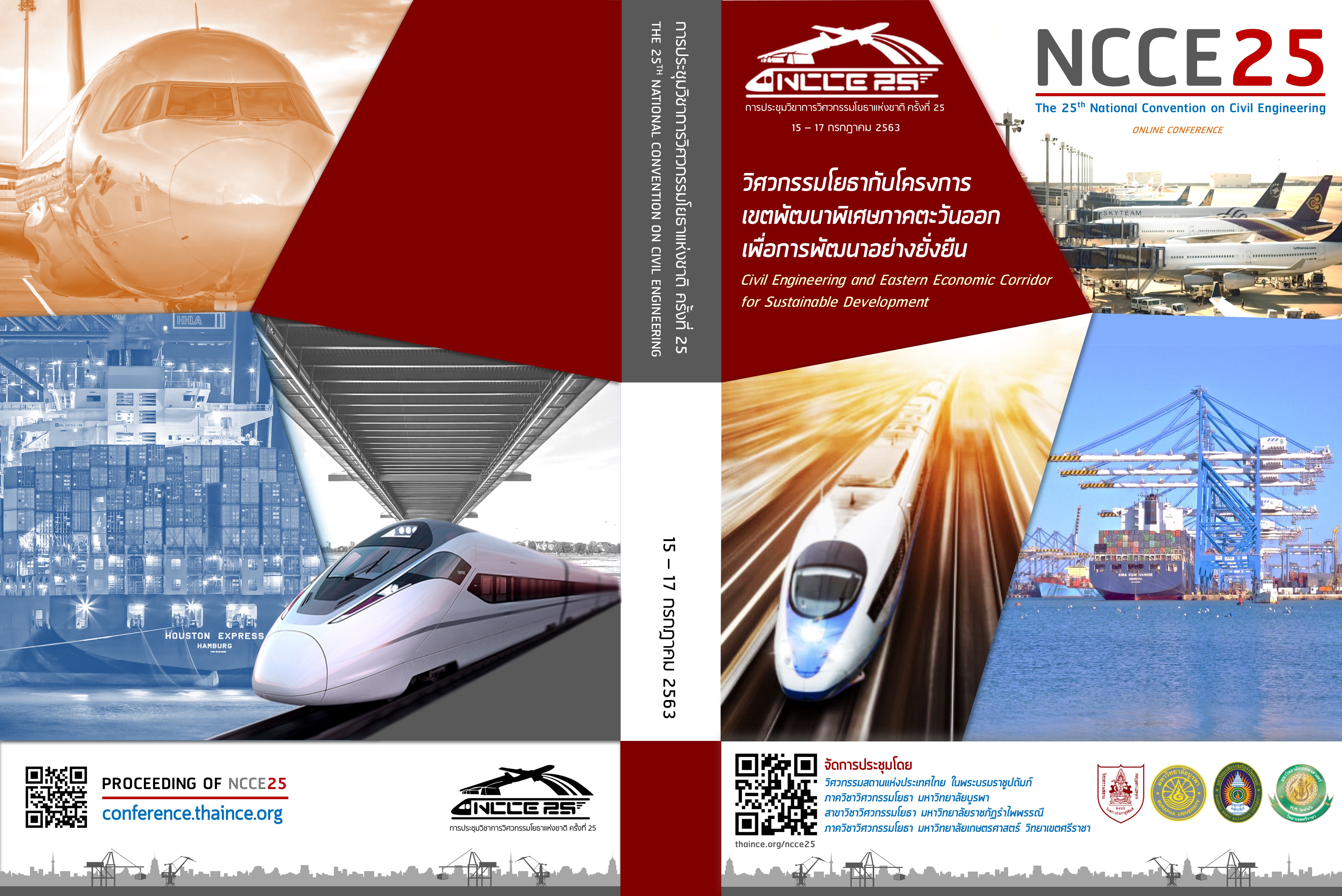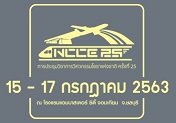Factors Influencing Physiological Equivalent Temperature and Thermal Comfort for Developing and Promoting Green Walkway Usage
Abstract
In recent years, provisioning urban green space has been highlighted as an essential strategy for urbanization planning and sustainable urban development. Walkway facilities and roadside trees are the key elements of urban green spaces for leisure and recreational activities of urban residents, of which the exposure could provide psychological and physiological health benefits to the residents. This study therefore aims to investigate the human psychological responses and their influential factors after short walks along urban walkways through a model for evaluating the Physiological Equivalent Temperature. Various environment factors and personal physiological factors were used to evaluate the psychological responses of participants. The thermal comfort condition of the selected walkway was considered using the Psychological Equivalent Temperature (PET). The results of the study can be used as a guidance to develop the physical and environmental features of the green walkways, while encouraging pedestrian usage.
Downloads
Downloads
Published
How to Cite
Issue
Section
License
บทความทั้งหมดที่ได้รับการคัดเลือกให้นำเสนอผลงานในการประชุมวิชาการวิศวกรรมโยธาแห่งชาติ ครั้งที่ 25 นี้ เป็นลิขสิทธิ์ของ วิศวกรรมสถานแห่งประเทศไทย ในพระบรมราชูปถัมภ์



